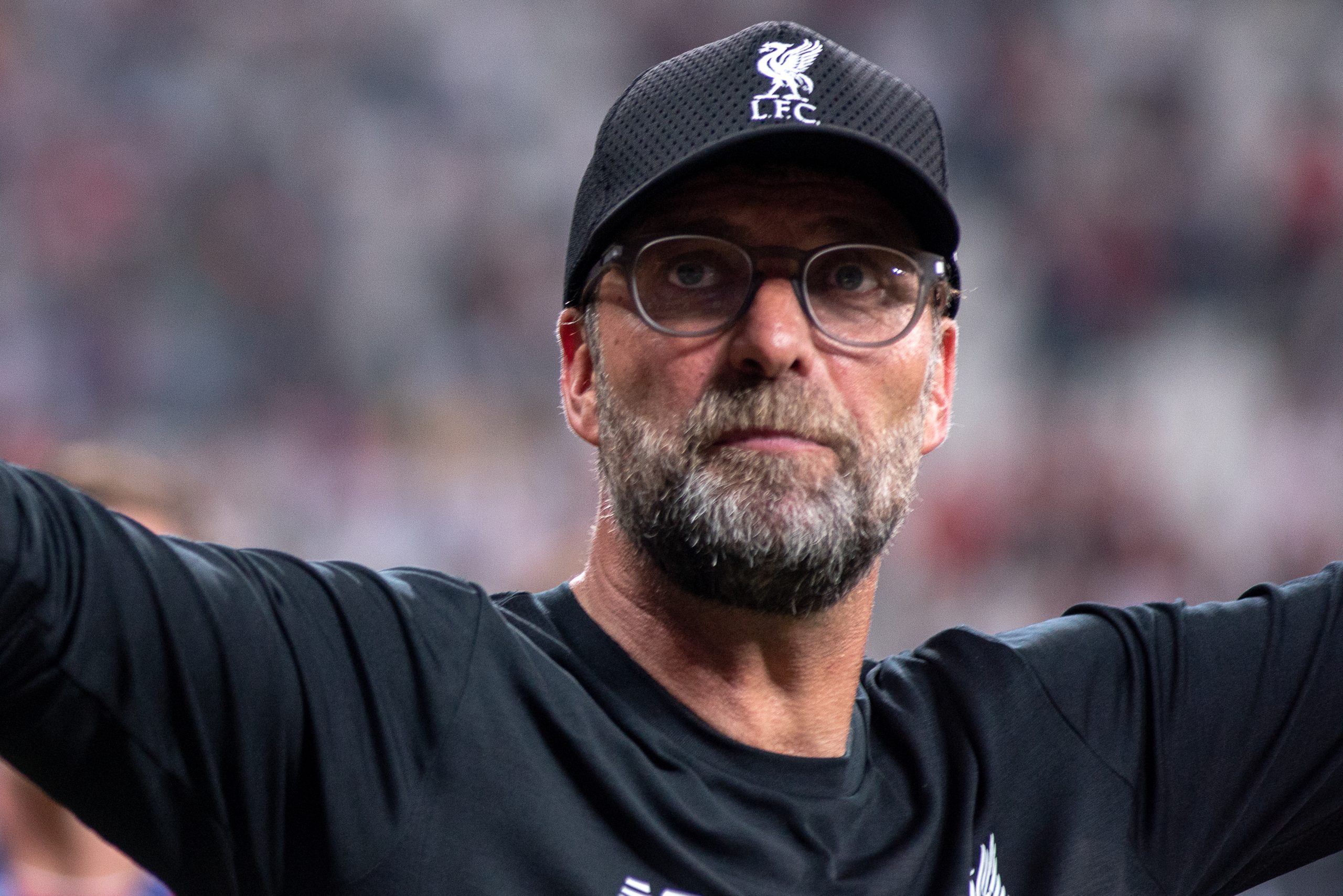
The coaches that would spark some extra stardust on the international field
International football is no longer the pinnacle for football coaches. The best prefer club football’s day-to-day work and impact, earning higher salaries and enjoying more freedom to shape their squads. That doesn’t deny us the right to fantasize about seeing some big names leading national teams in football’s biggest event.
5. Carlo Ancelotti
Italy might be the world’s biggest powerhouse in terms of managerial export. Names like Capello, Lippi, Sacchi, Trapattoni, and Conte have been inseparable from football in the past three decades. All of them have led a national team during a big tournament. The most notable coach missing from this list might also be the best one: Carlo Ancelotti. Ancelotti’s management style, which is based on quiet leadership, building a healthy team, and pragmatism, fits the national team framework like a glove. His success in the Champions League, winning it four times, more than any manager in history, indicates a lot about his ability to lead a squad under the pressure of a tournament. It is less known that he kicked off his career as assistant manager to Arigo Sacchi in Italy’s 1994 World Cup runners-up campaign, meaning he knows exactly what it means and what it takes. Maybe that’s why he dismissed the possibility of taking the role of Italy Manager. The Azzuri and football fans, in general, can only wish that he’ll change his mind.
4. Zinedine Zidane
Zidane is not much of an entertainer on the sidelines or during interviews, but he is a cold-as-ice manager, making winning trophies look easier than losing them. After carving his name in World Cup history as a player, both as a winner and as a headbutter, it would be interesting to see if he could translate his proven ability to conquer tournaments and lead a squad through rigorous knockout stages on the international level.
3. Jürgen Klopp
It would be hard to find a football expert who’d exclude the German from any top-5 Managers list in the past 15 years. Klopp’s work at Borussia Dortmund and Liverpool was spectacular, bringing two empires struggling for glory back to the center stage. His work included gradual improvement of his squads through accurate scouting, inheriting his famous “Gegenpressing” style of play, and a lot of smiles, hugs, and motivation. Klopp’s emotional sideline antics and memorable press conference or post-match interview quotes could make for a lot of fun during a World Cup. After the remarkable comeback in the second leg of the Champions League semifinals against Barcelona in 2019, Klopp said: “The boys are f***ing giants – it’s unbelievable. If you have to fine me, fine me. I’m not native, so I don’t have better words for it.” Now imagine his response after lifting the most desired trophy of all.
2. Pep Guardiola
Guardiola’s rise to success as a manager is unprecedented, winning six titles with Barcelona during his first year as a first-team coach. However, it wasn’t only his trophy cabinet that stood out, it was the way he inherited a distinct style of play that would completely overhaul football. Guardiola took the foundations he learned as a player from the late Johan Cruyff and implemented them in 21st-century football, making Tiki-Taka a household name among football fans, despite rebuking it himself. Spain built a lot of its success, winning the 2010 World Cup and Euro 2012, on the style of play which at times looked identical to that of Pep’s Barcelona. Of course, having his disciples in the form of Iniesta, Xavi, Fabregas and Piqué playing leading roles in La Roja during those years only helped. It would be fascinating to see Guardiola’s ability to pass on his philosophy, which requires long hours of training and preparation, in a framework comprised of only a handful of meetings per year. Also, here’s one for the haters: how would Guardiola do with picking a squad from a limited pool and without the endless financial resources backing him throughout his club-management career?
1. Jose Mourinho
Yes, he’s way beyond his peak as a manager, but that makes him the most realistic option from this list to transition to international football. He even mentioned his ambition to do so, stating “(he) wants to have the experience of a World Cup and European Championship, the emotion of the short competition.” In his prime, alongside a remarkable ability to build and prepare teams for campaigns, the “Special One” was known, some would say notorious, for his ability to play mind games and get under the skin of his opponents. The Portuguese always made everything personal, bringing vast amounts of passion and emotion to his job, no matter where he landed. His list of antics is endless and way too long for this item, but just remind yourself of his reaction in the Camp Nou after taking Inter to the Champions League final at the expense of Barcelona. Now imagine him bringing this type of sh*thousery to a World Cup.



